Fraud
Our member's online security is of the utmost importance to us. At Granite State Credit Union, we're committed to providing members with the most up-to-date notifications and education in order to remain diligent in the protection of confidential information.
How to Detect Phishing or Spoofing Emails
-
MEMBER ALERT 9.4.2020
Granite State Credit Union has recently been made aware of fraudsters distributing false GSCU Teller Checks tied to a variety of scams. Please be aware that these fraudulent checks are in circulation. We ask members be wary of receiving unexpected, suspicious checks or requests for money. If you receive one of these checks or have further questions please call a Live GSCU Representative 24/7 at 800-645-4728.
-
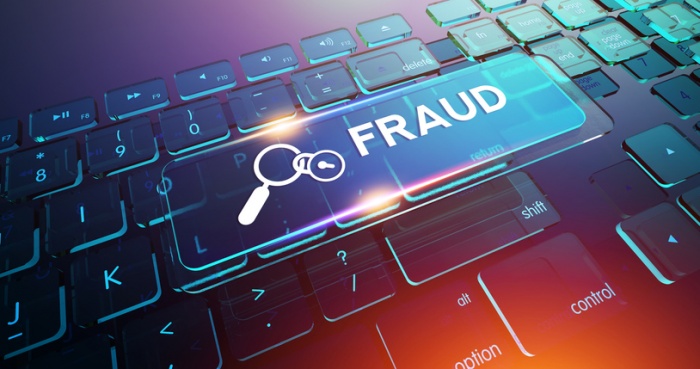
COVID-19 (Coronavirus) Scams
UPDATE (8/14/2020): GSCU has recently been made aware of a scam regarding the Small Business Administration (SBA) COVID-19 Relief Loan. Phishing emails are being sent, that may appear as if they are coming directly from the SBA Website. Individuals seeking information about the Small Business Administration Loans should visit government websites directly for more information.
-
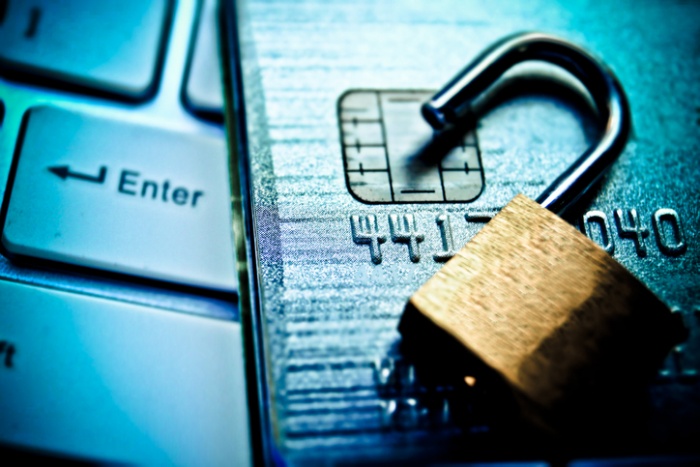
What to Do if Your Debit Card is Lost or Stolen
Losing your debit card can result in stress and anxiety. You retrace your steps trying to remember when exactly the last time you had it was. You filled your gas tank yesterday. Swiped it at your local coffee shop this morning. And then… well, you can’t seem to remember. You have searched high and low, called the coffee shop to confirm you didn’t leave it there, but still no sign. Don’t panic, we’ve got you covered.
-

Don't abbreviate 2020. It's for your own good.
It’s a new year, with new opportunities and potential new scams! We have all become accustomed to abbreviating the year when we are writing the date. Here a few reasons why you should not abbreviate the year 2020.
-

MEMBER ALERT 10.29.19
IMPORTANT MEMBER ALERT – DO NOT SHARE ACCOUNT PIN or ONLINE BANKING INFORMATION!
Granite State Credit Union has been made aware of a fraud trend where individuals are being contacted by what appears to be their financial institution via Phone, Text and/or Email. Please be aware GSCU would NEVER ask members to provide debit card PIN or OnLine Banking log-in information over the phone, text or email.
If you are contacted and asked to provide any personal or account information, hang up and call a Live GSCU Representative 24/7 at 800-645-4728, ext.3805
-
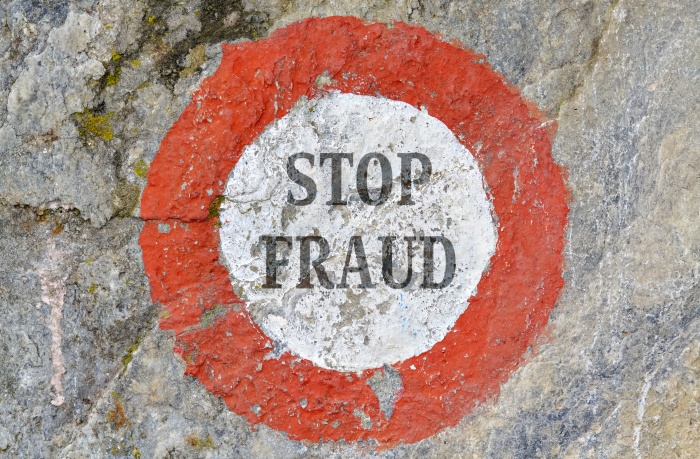
Fraud Education: Safeguard Your Information!
With the recent Capital One Compromise we want to take this time to warn, and educate, members on fraud. Fraudsters utilize many avenues to commit fraud, including but not limited to, posing as your financial institution through phone calls and/or text messages.
-
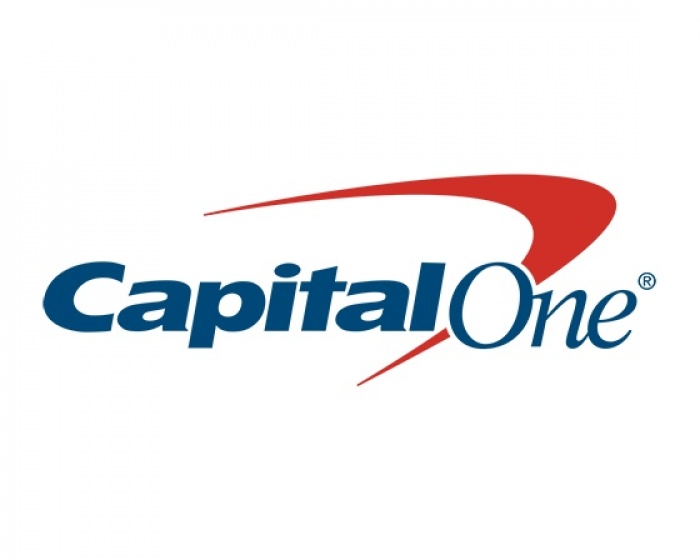
Capital One Data Breach Announced
Capital One Financial Corporation (NYSE: COF) has announced that on July 19, 2019, it determined there was unauthorized access by an outside individual who obtained certain types of personal information relating to people who had applied for its credit card products and to Capital One credit card customers. Capital One is not affiliated with Granite State Credit Union, however some GSCU members may utilize Capital One credit card services.
Capital One will notify affected individuals through a variety of channels and will make free credit monitoring and identity protection available to everyone affected. For more information about this incident and what Capital One is doing to respond, visit www.capitalone.com/facts2019. -

Telephone Teller Scam
GSCU has been alerted that the phone number associated with the credit union's retired Telephone Teller System (800-368-2221,) is being used as part of a spoofing scam. Members are being contacted by what appears as a representative from GSCU. They are then asked to provide personal financial information including their debit card number. Members should not provide any information. Instead, hang up and contact a live GSCU Representative at 800-645-4728. If contacted, please report the incident to the Federal Trade Commission here.
-

Scam Alert: Fraudulent Checks
Counterfeit checks are one of the most common instruments used to commit fraud against victims. The goal for the fraudsters is to get the checks deposited “under the fraud radar”. They try to accomplish this by taking the human element out of the equation during these transactions, which is why there has been an increase in checks being deposited through the mobile app versus a deposit being made in branch.
-
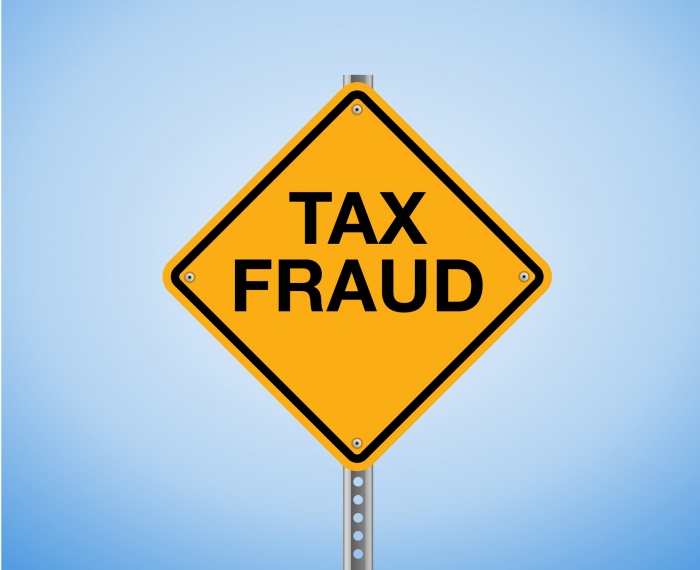
BEWARE OF TAX TIME FRAUD
It’s the time of year for Tax Fraud! As people file their tax returns, cybercriminals target them with a variety of scams. Some people learn they are victims only after having their legitimate tax return rejected because scammers already fraudulently filed taxes in their name. According to the Internal Revenue Service (IRS), there was a 60% increase in 2018 in phishing scams that tried to steal money or tax data. So how can you prevent being scammed?

